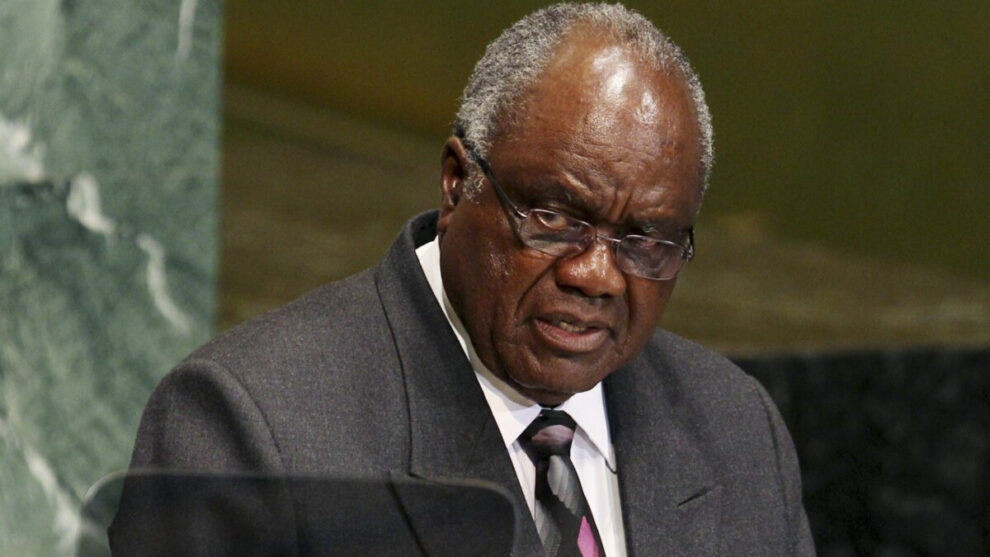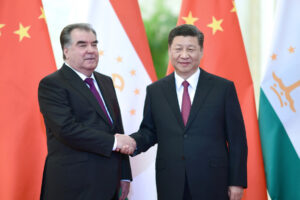President Hage Geingob has reiterated the Namibian government’s stance on no longer exporting minerals in raw form.
He said this while addressing the Namibia-European Union (EU) business summit in Brussels yesterday.
“Namibia’s economy is linked to the extraction and processing of minerals for export, contributing significantly to our gross domestic product (GDP) and foreign exchange earnings.
However, we are no longer going to export raw minerals,” the president said.
According to Geingob, this ban aims to improve the sustainability of the extractive industry and develop local processing, refining, recovery, and recycling capacity in Namibia.
Geingob said he was happy that some local mining companies with EU partners are willing to add value to the country’s critical raw minerals.
These critical raw materials are lithium, cobalt and rare earth metals.
“Namibia is ready to partner with the EU to meet its goal of achieving carbon neutrality by 2050. The EU estimates that it will require 20 million tonnes of clean hydrogen, half of which has been earmarked for imports from trusted jurisdictions, such as Namibia,” the president stated.
According to Geingob, renewable hydrogen and ammonia are key enablers for the post-Covid-19 pandemic economic recovery plan.
“Namibia is taking the necessary steps to establish itself as a renewable energy hub in sub-Saharan Africa.
Our ambitious Harambee Prosperity Plan II emphasises the role of renewable hydrogen and ammonia as key enablers for our post-Covid-19 pandemic economic recovery,” he said.
Presidential adviser James Mnyupe said Namibia is not just looking to export green hydrogen to Europe, but also to add value.
“We are trying to grow and diversify our economy and create new jobs,” he said.
Mnyupe said if a green hydrogen ecosystem is established in the country, the country’s GDP is expected to double in 10 years.
“The total expected number of jobs that are estimated to be created by 2030 are 280 000 and 603 000 by 2040,” he said.
According to Mnyupe, Namibia hopes to reach a 2,3% unemployment rate by 2030.
“To achieve this we will need to create 370 000 to 400 000 jobs between now and 2030.”
Speaking at the forum, Nangula Uaandja, the chief executive of the Namibian Investment Promotion and Development Board (NIPDB) said Namibia has a diverse source of energy with world-class solar and wind energy, and recently the potential to produce green hydrogen.
“We are looking forward to green industrialisation.
We want to go as far as we can in the value chain when it comes to processing and refining critical raw materials and other minerals.
“Partnerships between Namibia and other investors should promote local value addition in Namibia by fostering mining and renewable hydrogen value chains, and also focus on capacity building, training and skills development along the raw materials and renewable hydrogen value chains,” she said.
Uaandja said Namibia plans to contribute to regional cohesion by reducing South Africa’s emissions profile and alleviating the strain on Eskom and the Southern African Power Pool to supply its neighbours with power.
Source : Namibian
















